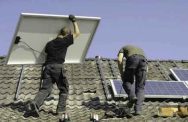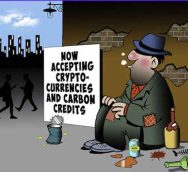
Solar Panels for Palestine – Donate Now
Whatever your views on the Arab-Israel conflicts, and on the Hamas atrocities of October 9th, nobody can no doubt that the humanitarian crisis demands immediate action by all of us – especially now that UNWRA has been exposed as a deeply suspect organisation. Sending money to huge bureaucracies like Save the Children or UNWRA – you know for sure that much of it goes in admin, bribes and other priorities than your own.
So if you want to help Palestinians on the ground in Gaza, who are surviving on tiny morsels of food, limited water and intermittent energy, if you want all your money to go straight to those in need – then we have a way.
Our cameraman in Gaza, will spend what we send him on buying solar panels, and film himself donating them to ordinary families. He has already been donating cash this way – brought in via Egypt.
He shot our latest Youtube footage, showing him distributing donated money – 50 shekels at a time. You can see the ID cards of the women as he hands them the money. You can see they are innocent citizens and not terrorists. Watch the video on our socials, and tell your friends.
Insta
https://www.instagram.com/reel/C3SFn31IQld/?igsh=a3Nxa3R4YjFnNDZo
Facebook
https://fb.watch/qaYFhPNFqc/
Tiktok
Banned
Youtube shorts
But solar panels are more valuable than money – they are the gift that keeps on giving. We have found a supply of panels in Gaza, and any donations received will be used to purchase them and give them to communities in need of energy to power their lights and phones.
Please paypal to nick@off-grid.net and we will get the money straight out there the next day.
Mark your paypal: Solar Panels for Palestine.…
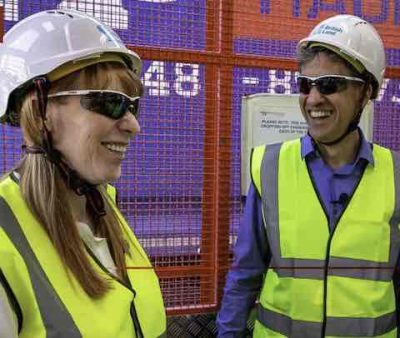



 The holiday season is upon us, and it’s time to spread some joy with heartfelt gifts. If you have friends or loved ones who embrace the off-grid lifestyle, why not consider DIY Christmas gifts that align with their sustainable and self-reliant way of living? Not only will these presents be unique and thoughtful, but they’ll also showcase your support for their chosen path. So, let’s dive into some creative and eco-friendly ideas that will make their off-grid Christmas truly special!
The holiday season is upon us, and it’s time to spread some joy with heartfelt gifts. If you have friends or loved ones who embrace the off-grid lifestyle, why not consider DIY Christmas gifts that align with their sustainable and self-reliant way of living? Not only will these presents be unique and thoughtful, but they’ll also showcase your support for their chosen path. So, let’s dive into some creative and eco-friendly ideas that will make their off-grid Christmas truly special!
 Embarking on an off-grid journey? Buckle up, because the location you choose might just be the pivot between thriving and barely surviving in your sustainable haven. Finding the right spot isn’t just a choice; it’s a masterstroke in the canvas of off-grid living.
Embarking on an off-grid journey? Buckle up, because the location you choose might just be the pivot between thriving and barely surviving in your sustainable haven. Finding the right spot isn’t just a choice; it’s a masterstroke in the canvas of off-grid living.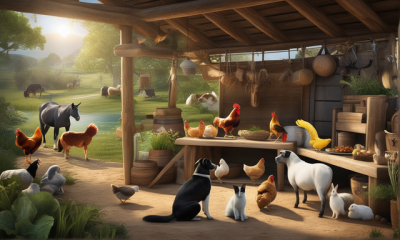
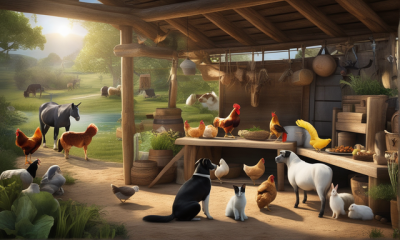 Hey there, off-grid enthusiasts! If you’re contemplating which furry (or feathery) friend to bring into your self-sufficient haven, you’re in the right spot. Picking the perfect off-grid companion can be as crucial as deciding between solar or wind power. Let’s explore the best pets that sync seamlessly with your off-grid lifestyle.
Hey there, off-grid enthusiasts! If you’re contemplating which furry (or feathery) friend to bring into your self-sufficient haven, you’re in the right spot. Picking the perfect off-grid companion can be as crucial as deciding between solar or wind power. Let’s explore the best pets that sync seamlessly with your off-grid lifestyle.